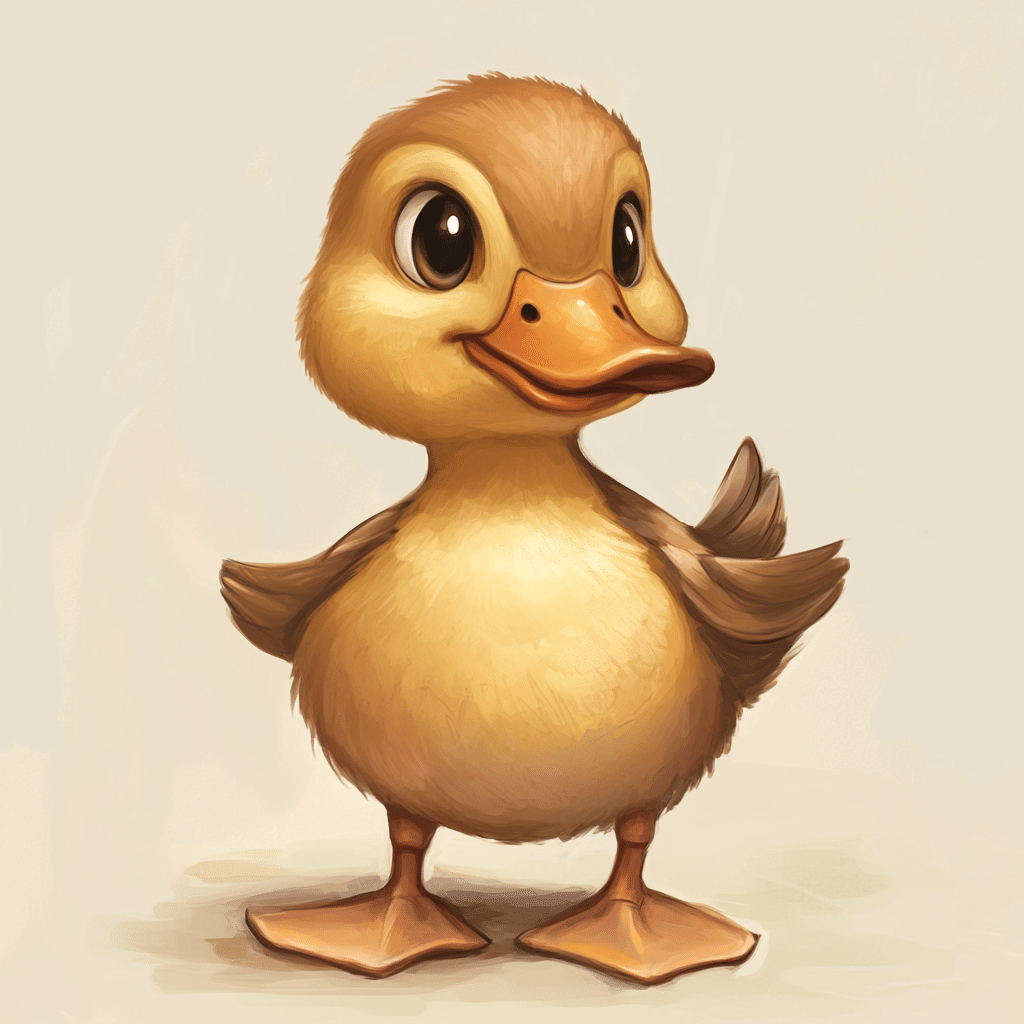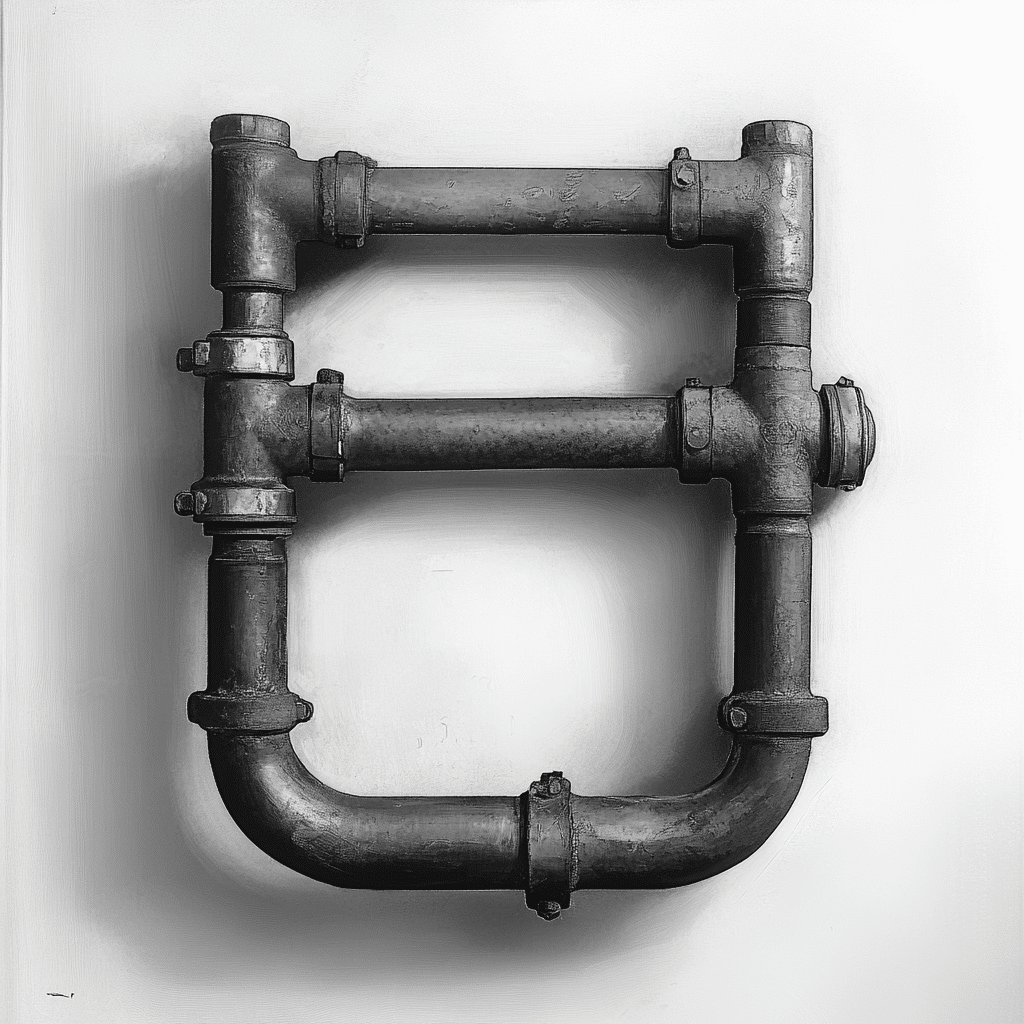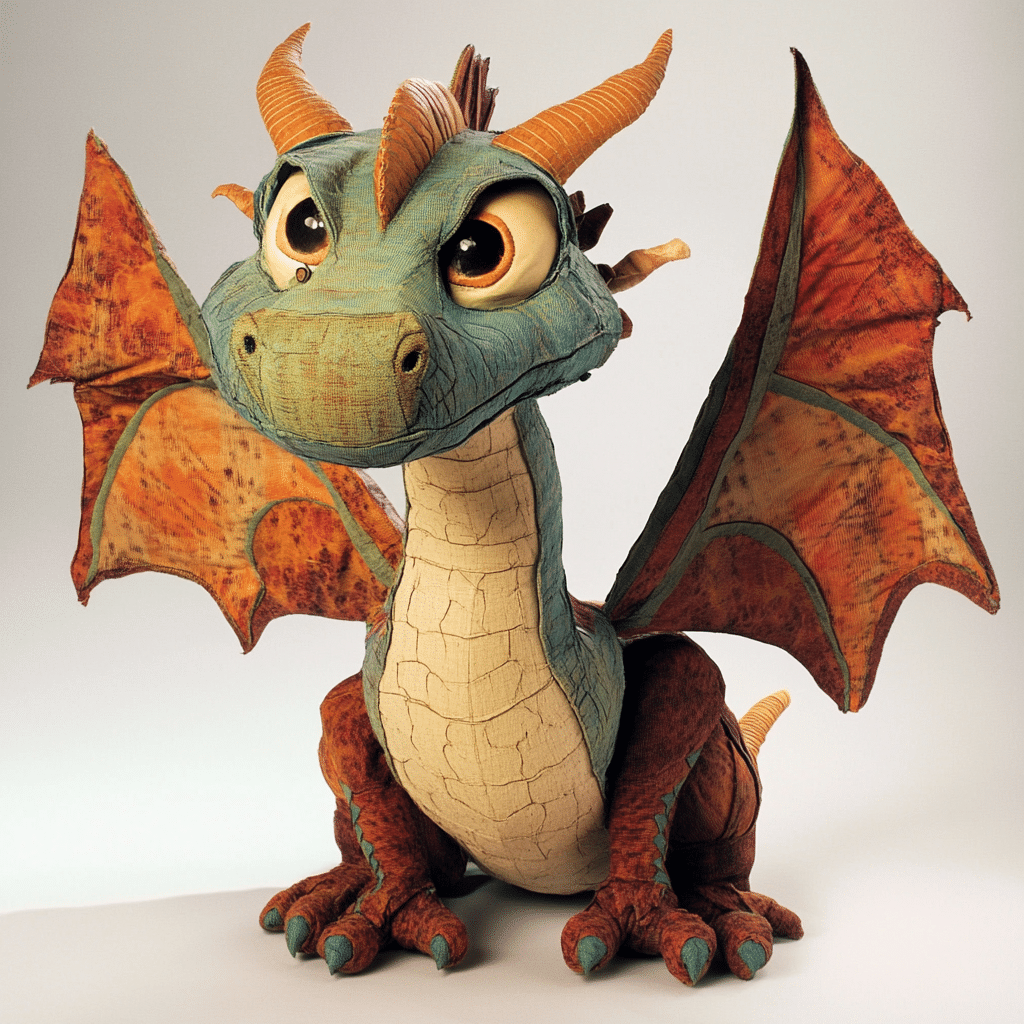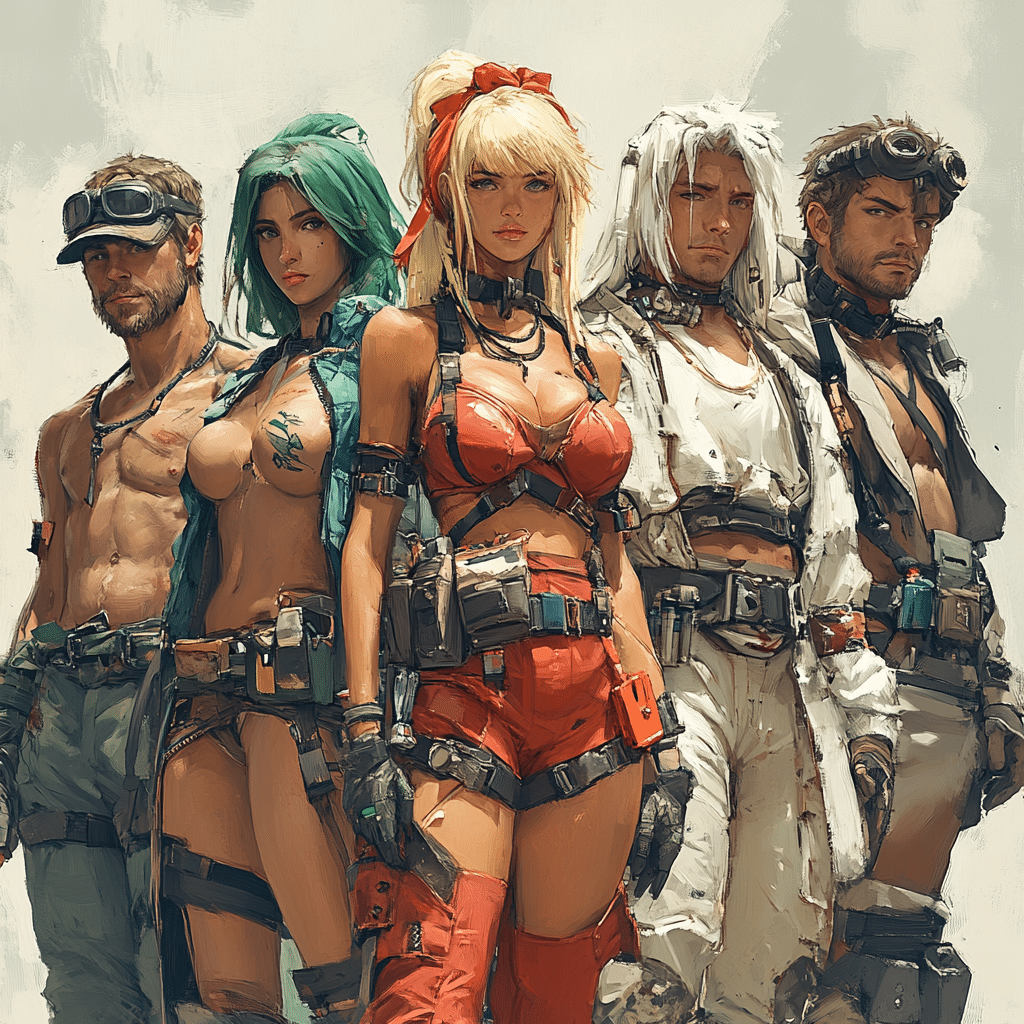Immersed in an era of algorithms, machine learning, and chatbots, have you ever pondered “who is the father of Artificial Intelligence?” It’s a fascinating narrative of human intellect populated with substantial names and even more astounding achievements. So, buckle up folks, because we’re about to delve into the core of the AI universe, demystify myths and surface rarely acknowledged trivia, all focussed on the intriguing tale of who holds the mighty title of ‘Father of AI’.
Who is the Father of Artificial Intelligence? – An Intriguing Tale
Let’s commence by getting know our top players: mathematician and theoretical biologist Alan Turing, and computer scientist, John McCarthy. Rooted in diverse backgrounds, both these extraordinary minds contributed profoundly to the foundation and expansion of AI.
The Backstories: Alan Turing and John McCarthy
Born in London, Alan Turing was a torchbearer of cryptanalysis and computational theory. Known for his role in cracking coded German messages during World War II, Turing thereby significantly enabled the Allies to expedite victory. Turing’s path intersected with AI when he initiated work on the Automatic Computing Engine, a project that yelled innovation at every turn.
McCarthy, an American computer scientist and cognitive scientist, was a revered figure in his domain. His contribution was not restricted to traditional computer science; he is celebrated as a key player in the birth of AI and even coined the term “artificial intelligence”.
Account of Turing’s Significant Contributions to AI
Laying the groundwork of AI, Turing pushed the boundaries of mathematical computation during World War II. His journey started with the creation of the Automatic Computing Engine, eventually culminating in the Turing Test, a test of a machine’s ability to manifest intelligent behavior that mirrors—or makes it indistinguishable from—that of a human.
John McCarthy’s Remarkable Legacy in Computer Science and AI
McCarthy was no less than a genius. His extraordinary work in computer science has fundamentally influenced modern computing. His lifework encompassed not only the inception of the term “artificial intelligence” but also key developments in AI, including the creation of Lisp programming language and the conceptualization of computer time-sharing.
Fact 1: Primal Origins – Who Conceived the First Artificial Intelligence?
The roots of Artificial Intelligence are not confined to the 21st century. Surprisingly enough, the conception of AI dates back to the mid-20th century, thanks to two infrequently mentioned names in AI history.
Alan Turing’s Influence in the Genesis of AI
Who is the Father of Artificial Intelligence? Alan Turing was instrumental in seeding the origins of AI. His ingenious cryptanalysis during World War II left an indelible impression on computation theory. His contribution merged the world of mathematical computation with biology, leading towards the dawn of AI. For his unparalleled contributions, he is remembered on June 23, his 111th birth anniversary, for he is widely considered the father of artificial intelligence.
Newell and Simon’s Construct – The First AI Program, Logic Theorist
When we dwell on the history of AI, a remarkable development was the creation of the first AI program, Logic Theorist, in 1955. Developed by Allen Newell and Herbert A. Simon, this program was designed to mimic the problem-solving skills of a human brain, leaving an extraordinary footprint in the sands of AI history.
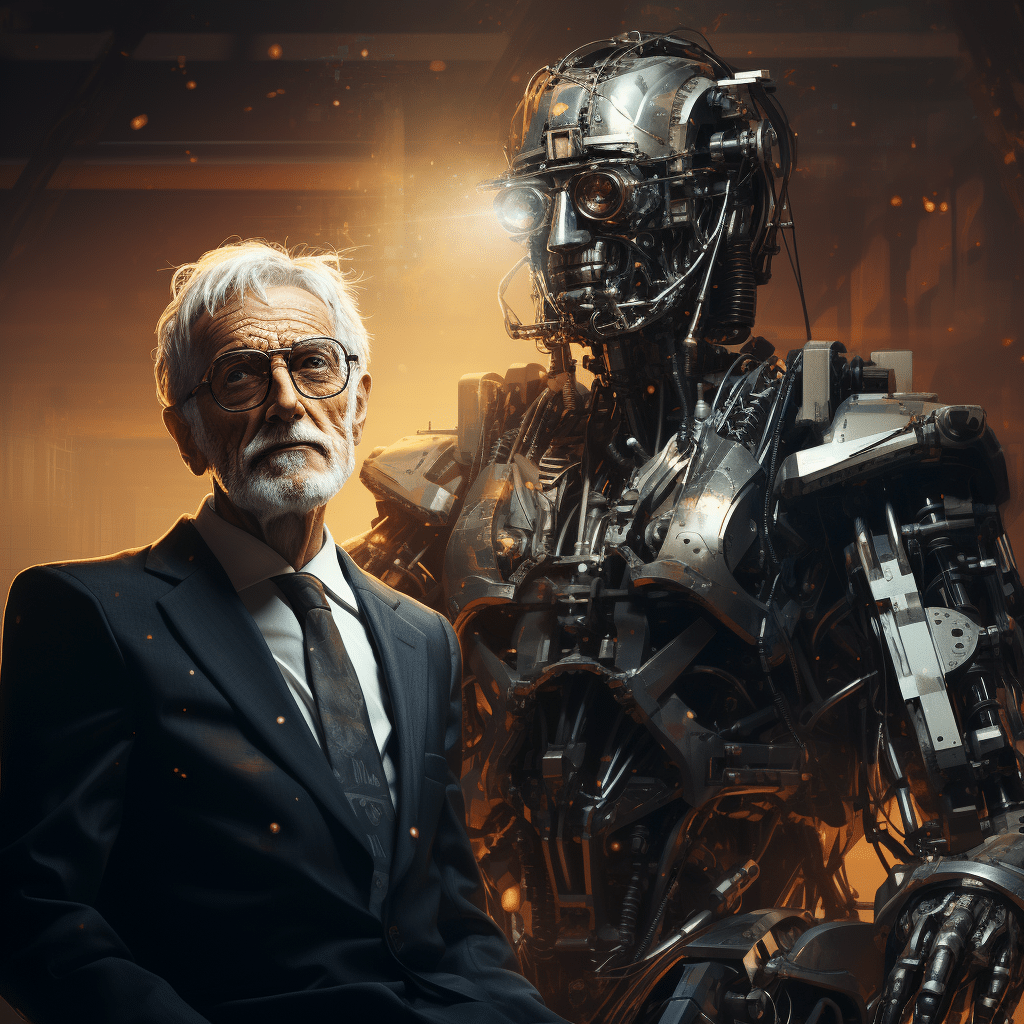
Fact 2: The Renowned Father of AI: John McCarthy’s Grand Narrative
Who is the Father of Artificial Intelligence? Now, let’s direct the spotlight to someone who is popularly acknowledged as the Father of Artificial Intelligence, John McCarthy.
How McCarthy Coined the Term “Artificial Intelligence”?
Like an action movie on Hulu, John McCarthy left an indelible footprint on the history of AI by virtue of his brainchild, the term “artificial intelligence”, a term he originated back in the 1950s. Given this resounding success along with his pivotal role in the expansion and establishment of AI, McCarthy is rightfully called the Father of AI.
McCarthy’s Resounding Impact on AI and Computer Science
McCarthy’s work in AI was fundamentally transformative and he was a key figure in the establishment of AI laboratories at Standford and MIT. He is recognized for the development of the Lisp programming language, the first language to focus on symbolic processing rather than number crunching. Additionally, McCarthy introduced the exploration of computer time-sharing, a concept that ensures efficient use of a computer system’s processing power.
Fact 3: Clash of Titans: Is Alan Turing the Father of AI?
The question of “Who is the father of AI?” often presents two formidable answers, one being Alan Turing. Let’s dive into Turing’s contributions to establish his case.
Examination of Turing’s Incontestable Contribution to AI
Turing’s work on the Automatic Computing Engine was groundbreaking and became a cornerstone of AI. His test, coined as the “Turing Test,” has been instrumental in assessing a computer’s ability to display human-like intelligence.
The Turing Test: The Seminal Verification of Machine’s Intelligence
The Turing Test, proposed by Alan Turing in 1950, was designed to offer an operational definition of intelligence. The test was meant to assess whether a machine could mimic human intelligence to the point where it becomes indistinguishable from human responses. Albeit controversial, this concept is fundamental in assessing the progress in the AI field.
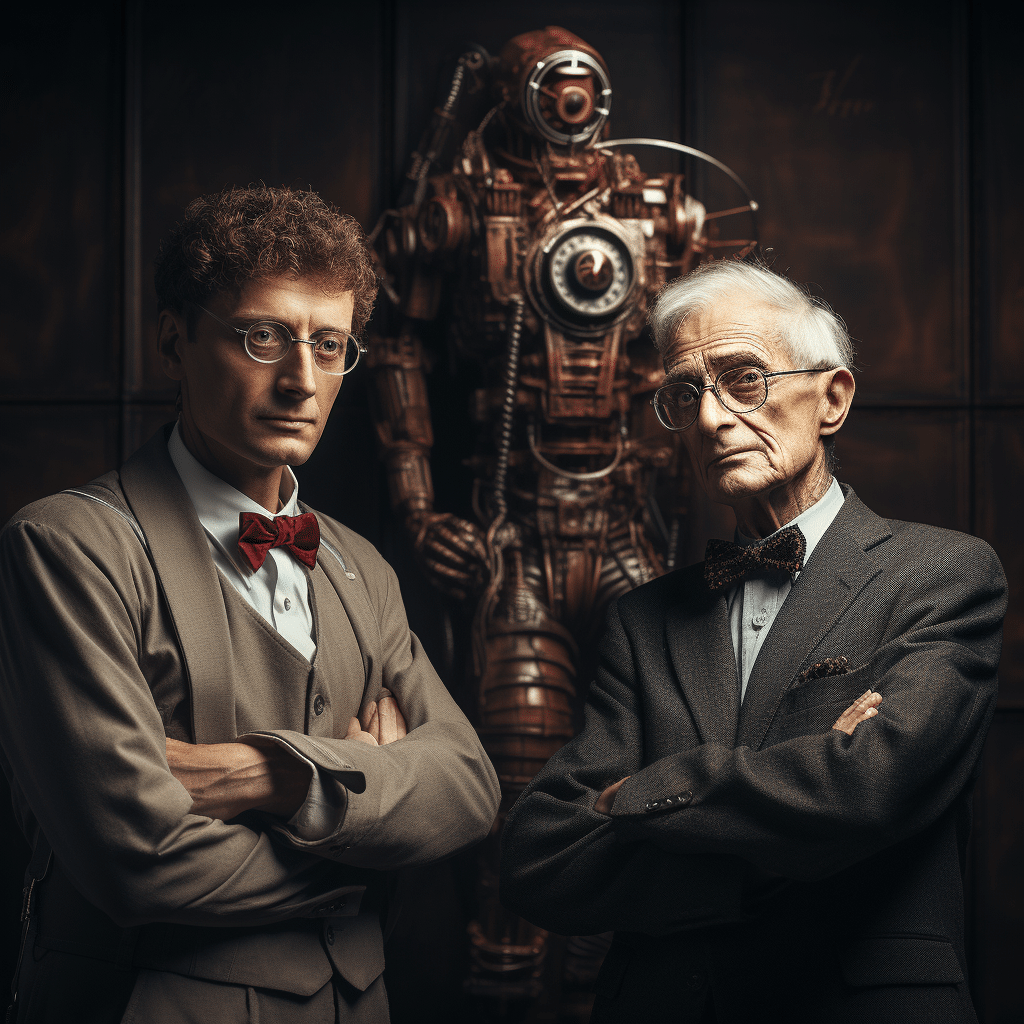
Fact 4: Dissolving Boundaries: Who are the 3 Fathers of AI?
Artificial Intelligence is not single-parented. There’s a renowned trio in AI history, remembered as the three Fathers of AI: Yoshua Bengio, Geoffrey Hinton, and Yann LeCun.
Introduction to the Trio: Bengio, Hinton, and LeCun
These titans of AI, Bengio, Hinton, and LeCun, shook AI’s roots with their trailblazing research in deep learning and neural networks. MongoDB interestingly reported that they shared a substantial $1 million Turing Prize in 2019, crediting their achievement in making revolutionary changes in technology.
Acknowledgement of Their Work: Pride of the Turing Award
Oh, the Turing Award! Commonly acclaimed as the “Nobel Prize of Computing,”. This award celebrates contributions of lasting and major technical importance in the computing field. Winning the Turing Award in 2019 was a resounding testament to the trio’s pivotal role in AI history.
Fact 5: Who is the Father of AI and Deep Learning?
Not to be ignored in discussions about the father of AI is the contribution to Deep Learning. The mastery of Deep Learning and AI dramatically impacted several fields like cybersecurity, drug discovery, AI composing music, and even skin care (Did you know deep learning techniques are at the core of analyzing skin care product reviews? Don’t believe us? Just look at drmtlgy reviews).
Bengio, Hinton, LeCun’s Revolutionary Contributions to AI and Deep learning
The trio’s innovations in AI and deep learning are breathtaking. Their pioneering work in creating practical applications for neural networks transformed the world of AI, paving the way for the contemporary AI we are accustomed to. Their research is groundbreaking and has dramatically influenced sectors like health, energy, and even fashion, making sketchers sandals for women not just a product but an AI innovation.
Qui Bono: The Benefiting Fields of Deep Learning
By entering the era of deep learning and AI, previously unimaginable accomplishments have become realistic. Areas like predictive policing, autonomous drones, AI composing music, and even skin care product recommendation like drmtlgy reviews have been transformed. AI’s impact on the health sector is stupendous, with AI increasingly being used in disease diagnosis, treatment suggestions, and patient care.
The Curious Case of AI Parentage – An Ongoing Debate Towards Greater Invention
Artificial Intelligence is an interdisciplinary field with millions of contributors globally. We have acknowledged a handful, but there are many left unsung. With advancements like digital ai, intelligence artificielle, the AI race is perpetually dynamically evolving. Whether it’s alan turing, john mccarthy, or the trio of Bengio, Hinton, and LeCun, the crux is the same: Artificial Intelligence is a collective accomplishment, a symphony of human intellect. And every contributor, irrespective of their nationality, intelligens, or yapay, holds an integral part in scripting the grandeur of Artificial Intelligence. Who knows? The saga of questioning “who is the father of artificial intelligence?” might one day transform into “who isn’t?” Now, wouldn’t that be something?
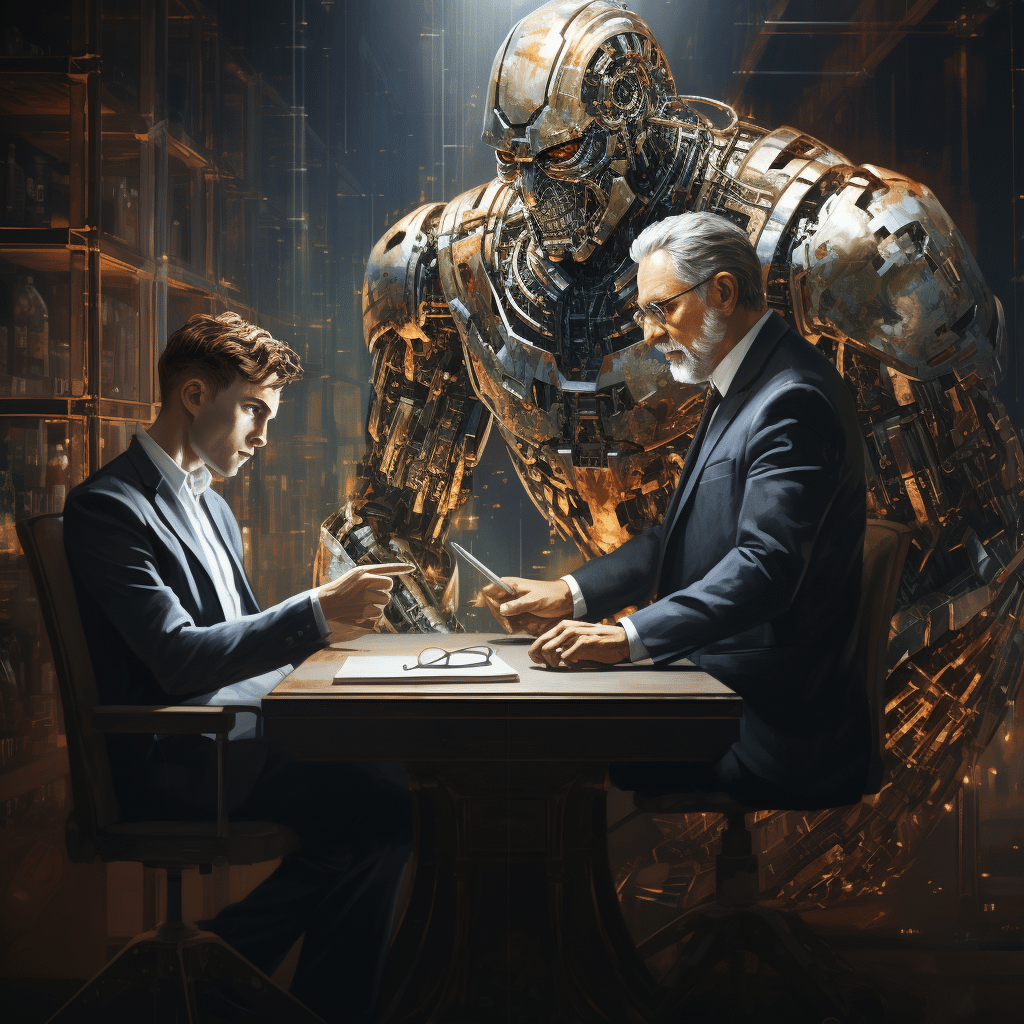
References
: Turing, A. (1950). Computing Machinery and Intelligence. Mind, 59, 433-460.
: McCarthy, J. (1956). Recursive Functions of Symbolic Expressions and Their Computation by Machine, Part I. Communications of the ACM, 3(4), 184-195.
: Hodges, A. (1992). Alan Turing: The Enigma. Burnett Books.
: Turing, A. (1948). Intelligent Machinery. National Physical Laboratory Report.
: Hinton, G., Bengio, Y., & LeCun, Y. (2015). Deep Learning. Nature, 521(7553), 436-444.
: Davis, M. (2001). Engines of Logic: Mathematicians and the Origin of the Computer. W. W. Norton & Company.
: LeCun, Y., Bengio, Y., & Hinton, G. (2015). Deep Learning. Nature, 521, 436–444.







